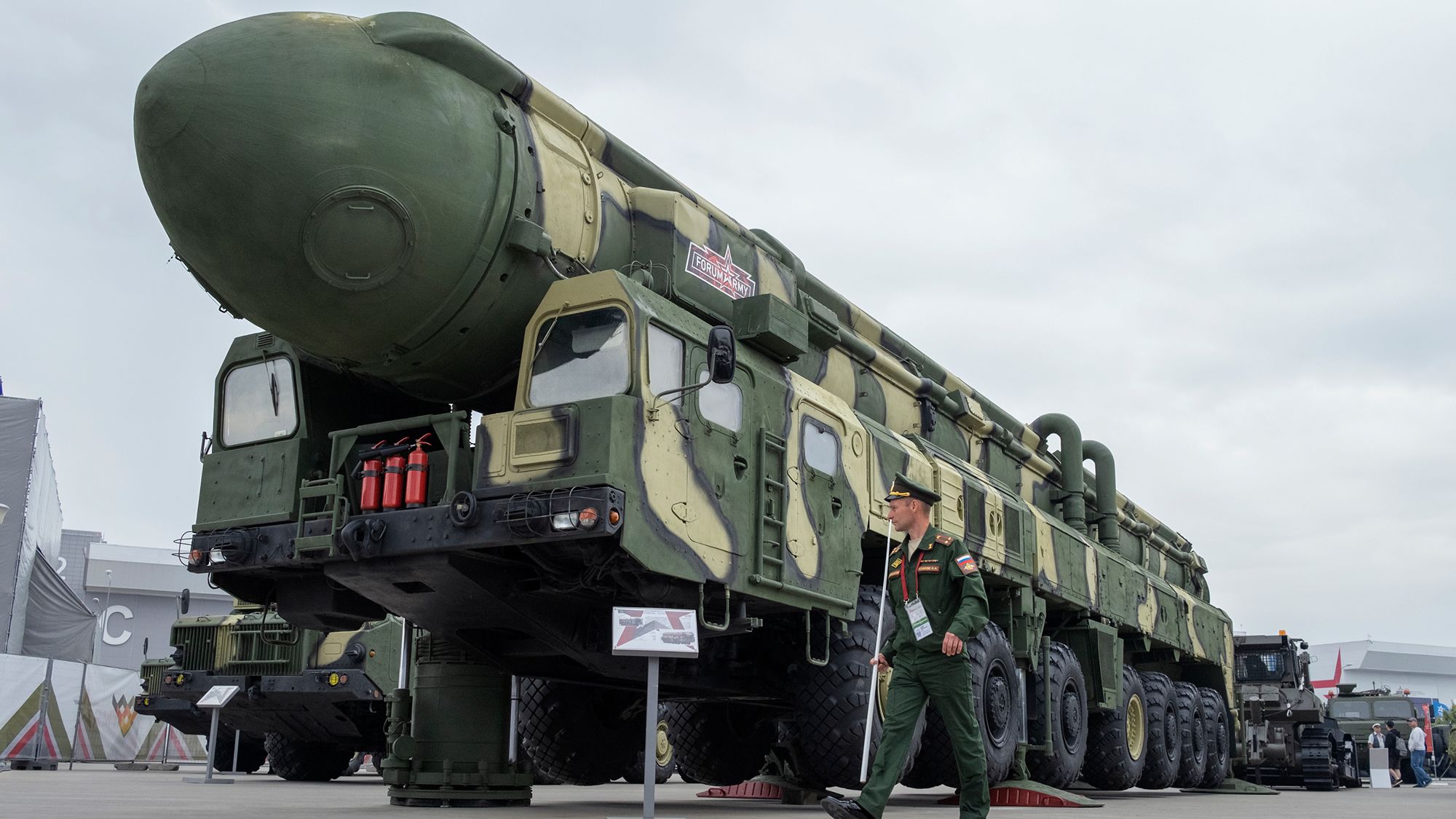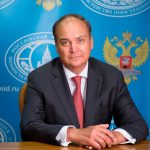RUSSIAN-AMERICAN NUCLEAR NONPROLIFERATION DIALOGUE. LESSONS LEARNED AND ROAD AHEAD.
Edited by Vladimir Orlov, Sergey Semenov. Palgrave Macmillan Singapore. 2022.
ISBN 978-981-19-1716-5, DOI 10.1007/978-981-19-1716-5
The PIR Center’s collective monograph Russia-US Nuclear Nonproliferation Dialogue: Lessons Learned and Road Ahead, which was published by the authoritative Palgrave Macmillan (a division of the Springer Publishing Group) and now gaining readership in the United States and around the world, is an example of an in-depth, thoughtful study on the evolution of the US-Russian cooperation in this area.
Nuclear nonproliferation issues have been in the spotlight of the world community for decades. This monograph, edited by Dr. Vladimir Orlov, an experienced nuclear nonproliferation expert, and his young PIR Center colleague Sergey Semenov, rightly underscores the importance of multilateral platforms where the efforts to create a nonproliferation architecture have been undertaken. Today we can assert that the established system proves effective. I fully share the authors’ thesis that the Nuclear Nonproliferation Treaty (NPT) remains the cornerstone of nuclear nonproliferation and disarmament. Changing the document let alone abandoning it is unacceptable and can lead to unpredictable consequences for strategic stability.
The publication provides an objective view of Russia’s contribution to addressing nonproliferation challenges. The authors emphasize the results that Russia and its partners have achieved. In particular, Russia laid the foundation for a number of effective safeguards and export control formats, including the Nuclear Suppliers Group.
The experts specifically focus on the US-Russian cooperation. The second part of the study clearly demonstrates how productive such cooperation on the issues of nuclear nonproliferation in South Asia, as well as the Iranian nuclear program can be.
Arms control is an integral element of strengthening the global security architecture. In the third part of the paper the authors focus on the Soviet-American negotiations on strategic offensive arms reduction and limitation agreements, compare the countries’ approaches to the policy of elimination of nuclear weapons and discuss NATO’s nuclear sharing.
The issues raised in the monograph once again remind us of the special responsibility that lies with Russia and the United States. Sadly, Washington is willing to neglect this responsibility in favor of short-term political gains. The efforts of previous US administrations have undermined the implementation of the most important international agreements which served as a concrete confirmation of their participants’ commitment to the spirit and letter of Article VI of the NPT.
Our country has objections to Washington’s unilateral withdrawal of a part of American submarine-launched ballistic missiles (SLBMs) and heavy bombers from counting under the New START Treaty. Despite the extension of the Treaty in 2021, consultations on strategic stability have been interrupted, namely on the initiative of the American side. Instead of a substantive dialogue on all elements of the new security equation, we hear absurd insinuations about Russian nuclear policy.
As the monograph shows, the cooperation between Russia and the United States on nonproliferation and arms control issues is neither a concession nor a reverence to anyone. It is an absolute necessity. Such issues will have to be reviewed, and it is better to do so without experiencing another 1962 Cuban Missile Crisis.
Our country is open to cooperation on the basis of pragmatism and equitability. However, the dialogue on strategic stability cannot be established with disregard to geopolitical realities and the general background of bilateral relations in place.
Unless Washington reconsiders its confrontational approaches to the engagement with Russia and reduces its conflict potential, it will be difficult to achieve sustainable agreements. Although among the authors of the monograph there are those who are experienced in negotiations with Americans on strategic offensive weapons (in particular, Yuri Nazarkin), its peculiarity and advantage lie in the fact that more than a dozen new writers worked on it. For some of them this work was their scientific debut. A fresh look of young researchers, whose approach to the problem is inquisitive and not indifferent, is a good sign. The majority of the newcomers are recent graduates of MGIMO University. Some of them continue to work for the Ministry of Foreign Affairs and other government agencies, while others have joined nongovernmental organizations. In conclusion, I would like to note that Russian officials always respect and pay attention to the recommendations of PIR Center specialists. Their expertise has repeatedly been in demand at various specialized forums, including NPT review conferences. I am confident that this work will make a worthy contribution to the development of Russian approaches to combating modern challenges and threats to nuclear nonproliferation. I am glad that the world premiere of this important book has taken place despite unfavorable external factors.
[1] First published in Russia in Global Affairs Journal (in Russian): Антонов А.И. Не уступка, не реверанс, но необходимость // Россия в глобальной политике. 2023. Т. 21. № 2. С. 220-222. URL: https://globalaffairs.ru/articles/ne-ustupka-ne-reverans/.
E16/MIN – 24/04/15



